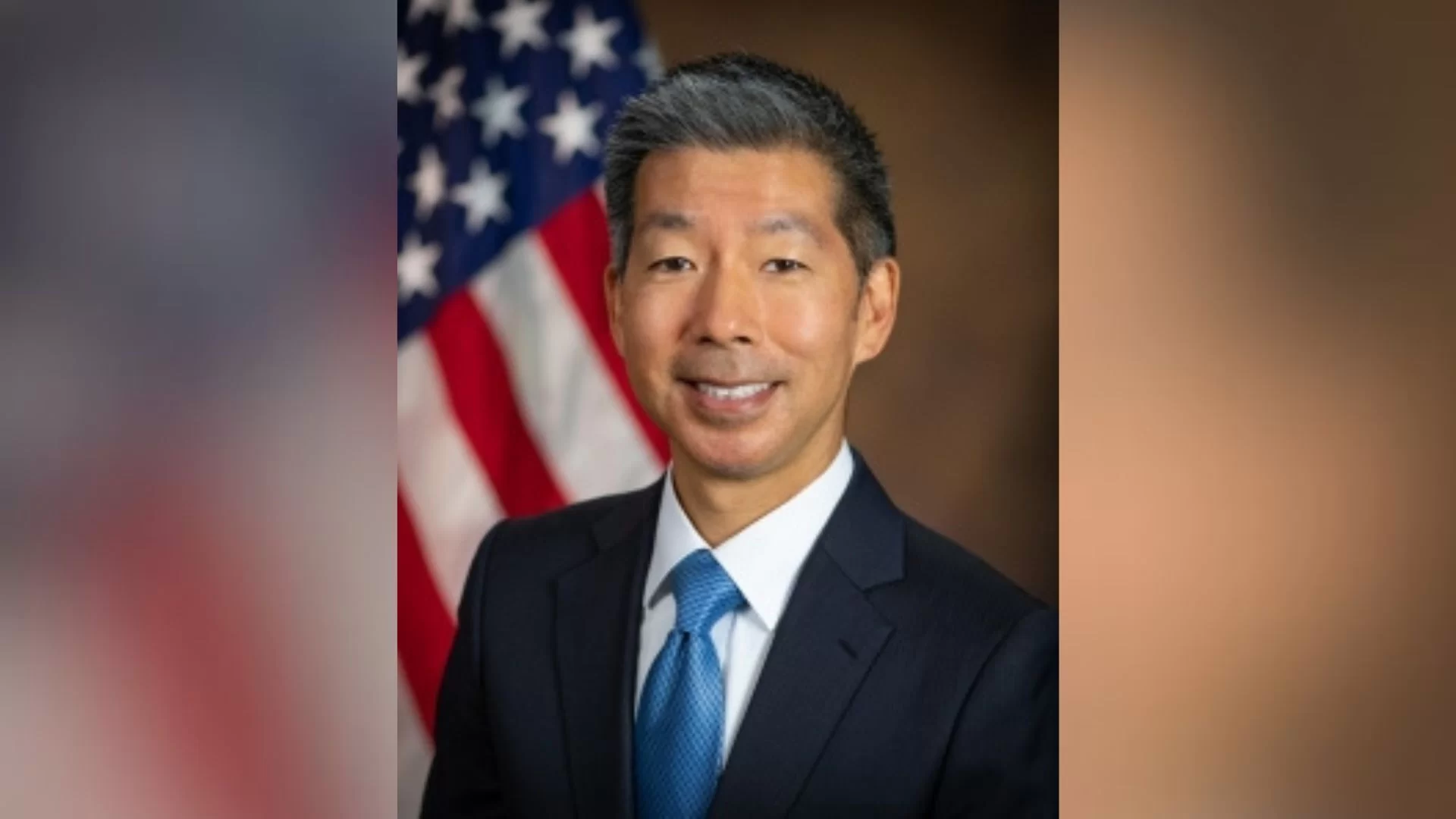The owner of Myrtle Beach Safari in Myrtle Beach, S.C., has pleaded guilty to charges of federal wildlife trafficking and money laundering. Doc Antle was accused of violating the Lacey Act, a law that prohibits trafficking of illegally obtained wildlife.
The Lacey Act, which was established in 1900, forbids the trafficking of wildlife, fish, and plants that have been illegally taken. According to a press release on the Department of Justice's website, Antle conspired to violate the Lacey Act between Sept. 2018 and May 2020. He reportedly directed sales of a juvenile chimpanzee, two tigers, two cheetah cubs, and two lion cubs – all animals protected under the Endangered Species Act. The press release states that Antle used cash for most payments and falsified paperwork in an attempt to evade detection for these transactions. It also revealed that he instructed payments for these endangered animals to be made to his nonprofit organization so they would seem like donations if questioned.
During an ongoing investigation into this case between February and April 2022, it was discovered that Antle had engaged in money laundering through his company. He had carried out financial transactions with cash believed to be procured from transporting and sheltering illegal aliens. To obscure the illicit nature of this cash inflow, Antle and an associate deposited the funds into their bank accounts; they then wrote a check to those who provided them with this money after charging a 15% fee per transaction.
“Wildlife crime is often connected with other criminal activity, including money-laundering," said Assistant Director Edward Grace of the U.S Fish and Wildlife Service Office of Law Enforcement. "This investigation revealed a pattern of illicit wildlife transactions orchestrated by the defendant under the guise of donations and false paperwork... We will continue bringing justice to those profiting from illegal big cats trafficking and other endangered species.”
Assistant Attorney General Todd Kim of the Justice Department’s Environment and Natural Resources Division (ENRD) expressed disappointment over Antle's activities, given his claim to be a conservationist. “The defendant...repeatedly violated laws protecting endangered animals and then tried to cover up those violations," he said. "This prosecution demonstrates our commitment to combatting illegal trafficking, which threatens the survival of endangered animals."
If convicted on each count, Antle could face a fine of up to $250,000, three years of supervised release, and a maximum penalty of five years in prison. The investigation into the case by the FBI and U.S. Fish and Wildlife Service is ongoing.









